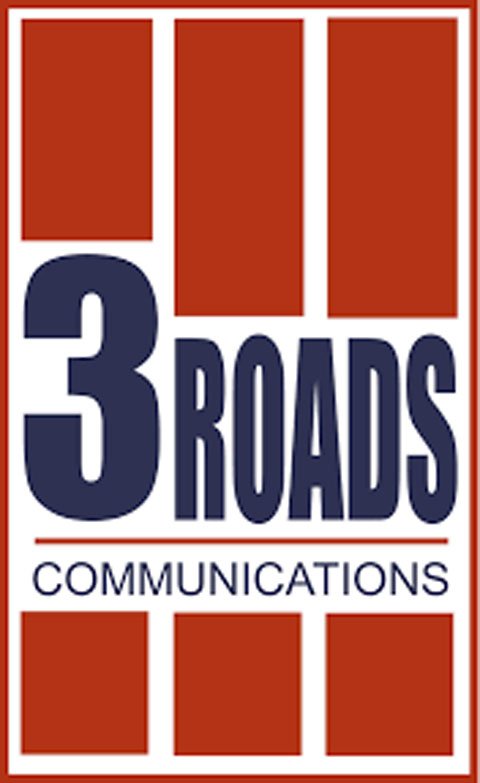The Library of Congress Veterans History Project (VHP) is set to unveil its newly updated website on Veterans Day, complete with an updated collections search feature and customized step-by-step participation instructions, so that veterans, volunteer interviewers, Gold Star Families and others have a more user friendly experience when visiting the site. VHP seeks to inform the public about these innovative features, as well as invite listeners to rely on this national repository as a research source.
The redesigned website, loc.gov/vets, also includes the added conveniences of fillable forms, sample interview questions, links to event videos and quick access to curated content—simplifying the research process for people of all backgrounds and interests.
Scholars, authors, documentarians and everyday people looking for a particular veteran, unit or era of U.S. military history utilize VHP’s website for access to more than 113,000 veterans’ firsthand recollections in the forms of oral history recordings and other original materials such as photographs and correspondence dating from World War I through more recent conflicts.
“We don’t just collect these materials to sit in the Library’s stacks,” says Monica Mohindra, Director of the Veterans History Project. “Our new, robust search feature provides collections access to anyone with a personal or academic interest in veterans’ issues, genealogy, sociology or other subject matter that is centered on the veteran population.”
Researchers have used VHP collections for studies and published works on a myriad of topics ranging from Dear John letters, to African-American World War II veterans who fought in the Pacific, to the prevalence of moral injury among Vietnam War veterans and much more.
“I am so grateful to this institution for facilitating my research, for making American history accessible to researchers, to citizens, to everybody…and supporting authors, which is very important,” said New York Times bestselling author Liza Mundy, who explored VHP collections when writing Code Girls: The Untold Story of the American Women Code Breakers of World War II (Hachette Books, 2017).
The Veterans History Project wants radio, online radio and podcast audiences to know that its collections are fully accessible both online and in person by appointment, and that the number of archived stories is ever-growing. Listeners will hear a conversation that is enlightening and substantive—a refreshing change from partisan politics.

